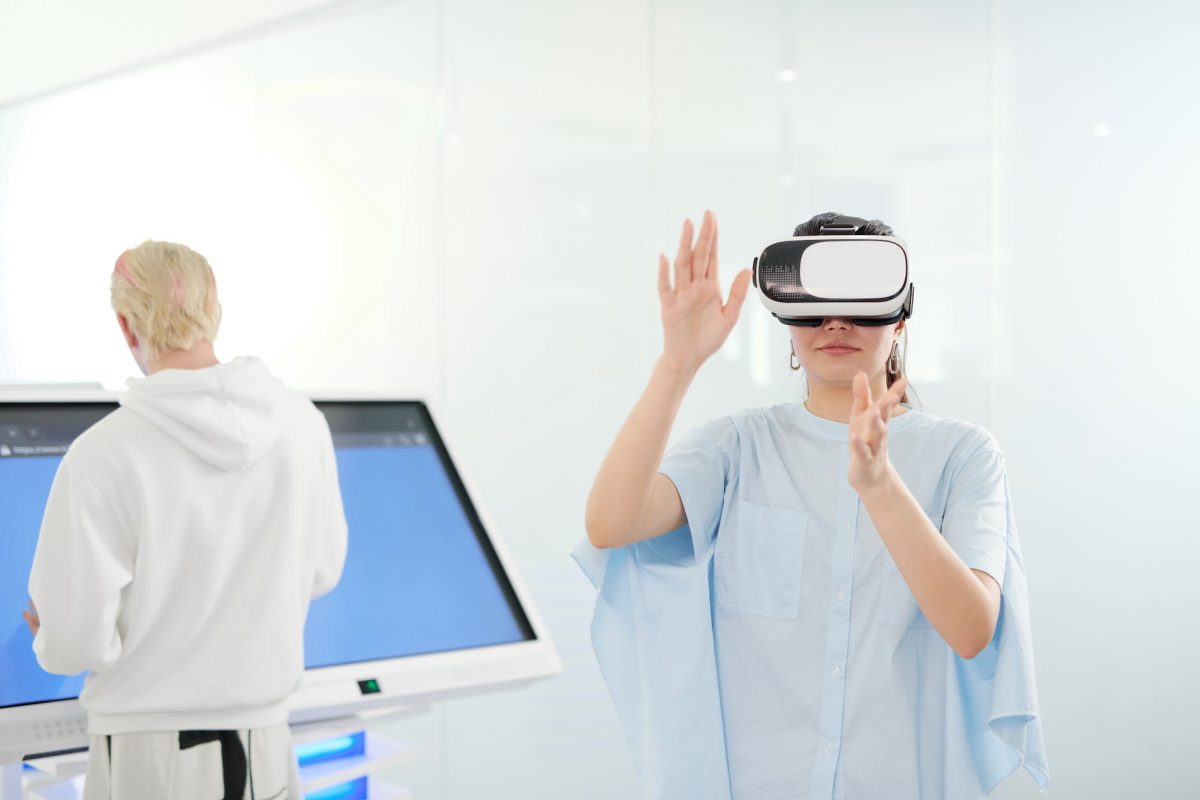Digital health in 2023 continues to advance rapidly. Medical devices that utilize digital technology are becoming increasingly popular and offer a wide range of benefits, including improved accuracy, increased convenience, and greater efficiency. In this post, we’ll take a look at the top 10 medical devices revolutionizing digital health in 2023.
Smart Inhalers
Smart inhalers are innovative medical devices that can help patients manage their asthma and other respiratory conditions more effectively. These devices are equipped with sensors that can track the usage of the inhaler, monitor patient symptoms, and provide feedback to help optimize treatment plans.
Wearable Glucose Monitors
Wearable glucose monitors are becoming increasingly popular for individuals with diabetes. These devices provide continuous monitoring of blood glucose levels and can alert the wearer when their levels are too high or too low, allowing for more timely and effective management of the condition.
Remote Patient Monitoring Systems
Remote patient monitoring systems enable healthcare providers to monitor patients remotely, reducing the need for in-person visits and improving patient outcomes. These systems typically involve wearable devices that can track vital signs, medication adherence, and other health metrics.
Virtual Reality Therapy Devices
Virtual reality therapy devices are a new and innovative way to treat a range of mental health conditions, including anxiety and PTSD. These devices allow patients to immerse themselves in a virtual environment, providing a safe and controlled space to address and overcome their fears.
Portable Ultrasound Machines
Portable ultrasound machines are an exciting development in medical imaging technology, allowing for easier and more accessible imaging in a range of clinical settings. These devices are also more cost-effective than traditional ultrasound machines, making them valuable tools for healthcare providers.
- Philips CX50
- Chison Sonobook 9
- Mindray M7
- GE Logiq e
AI-Powered Diagnostics Tools
AI-powered diagnostics tools are changing the game when it comes to early disease detection and diagnosis. These devices can analyze large amounts of data to detect patterns and anomalies that may indicate a health condition, enabling earlier intervention and improved patient outcomes.
- Philips AI-powered Diagnostics
- AI Medical Technology Dermalyser
- IntelliProve
Smart Pill Bottles
Smart pill bottles are an excellent tool for medication adherence, particularly for patients with chronic conditions who need to take multiple medications. These devices can track medication usage, remind patients to take their medication and alert healthcare providers if medication is missed
Robotic Exoskeletons
Robotic exoskeletons are a new and exciting development in the field of physical therapy. These devices can assist patients with mobility issues, providing support and assistance with movement and helping to reduce the risk of falls and other injuries.
Wireless ECG Monitors
Wireless ECG monitors are a convenient and effective way to monitor cardiac health. These devices can be worn for extended periods, providing continuous monitoring of heart rate and rhythm, and alerting healthcare providers to potential issues in real time.
Smart Contact Lenses
Smart contact lenses are an exciting new development in digital health, allowing for continuous monitoring of a range of health metrics, including glucose levels, intraocular pressure, and other vital signs. These devices could have a significant impact on patient outcomes, particularly for those with chronic conditions. We have seen early pioneers (Alcon+Verily, Mojo) failing to deliver on their promises, but the platform has its potential and the research continues. The most recent advance was when the Ulsan National Institute of Science and Technology (UNIST) scientists led by Dr. Seol Seung-Kwon and Professor Lim-Doo Jeong made a significant step forward in 3D-printed smart lenses.
Medical devices are revolutionizing digital health in 2023, offering patients and healthcare providers new tools to improve patient outcomes, reduce costs, and increase access to care. From wearable glucose monitors to smart inhalers and AI-powered diagnostics tools, the future of digital health looks bright. Are you working on any of the trends above? Do you have a new disrupting healthcare technology in mind? Let us know!

